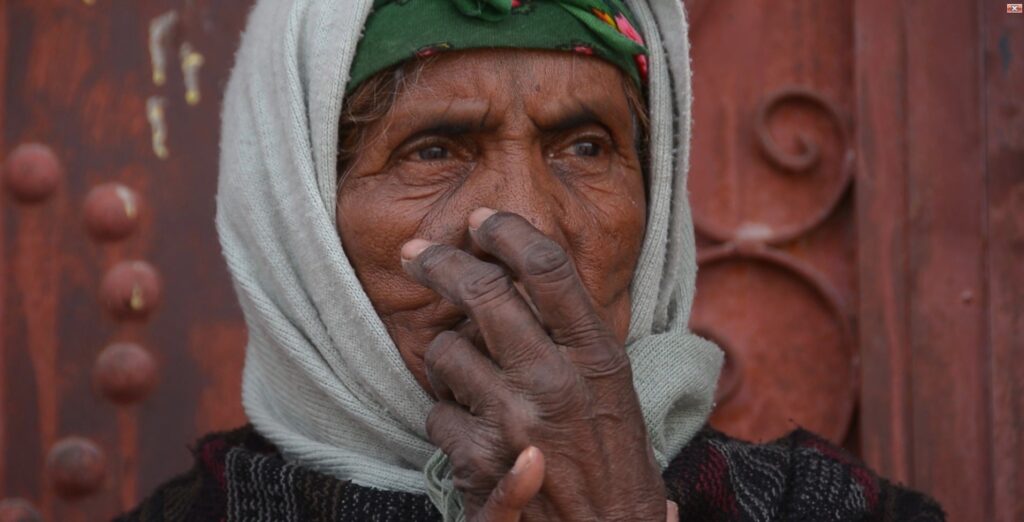Zeineb Ghlail‘s poignant documentary, ‘The Deportees’ (or ‘El Marhoul’), threads a narrative of profound societal transformation and the erosion of traditional values under the weight of capitalism. Without uttering a single word, the film crafts a symphony of visuals and music, drawing viewers into the heart of a Tunisian town where echoes of generational shifts resound.
Through Mayez Al Ayeb’s intimate cinematography, each frame captivates with haunting beauty, capturing the juxtaposition between the solemn visages of the elderly, who bear the weight of a fading past, and the carefree exuberance of the youth, oblivious to the cultural heritage slipping through their fingers.
The silent narrative unfolds with a melancholic grace, as the musical score serves as a haunting backdrop to the silent struggles and resigned acceptance etched on the faces of the elder generation. Their world, steeped in tradition and memory, stands in stark contrast to the vibrant energy of the youthful protagonists, whose innocence shields them from the weight of history.
As ‘The Deportees’ navigates themes of loss, resilience, and the inexorable march of time. Ghlail’s astute direction invites reflection on the cyclical nature of societal change and the inevitable clash between tradition and modernity. In its silence, the film speaks volumes, serving as a poignant reminder of the fragility of our cultural heritage.


